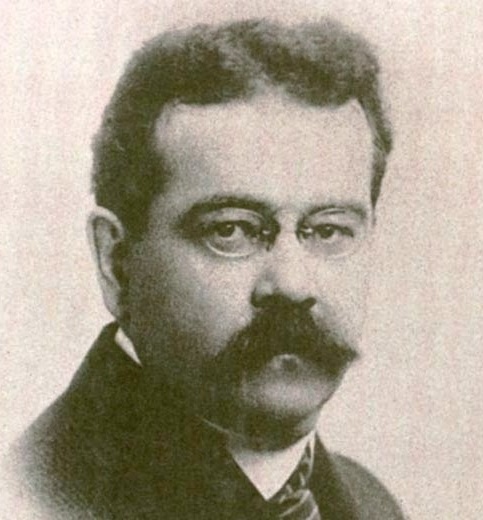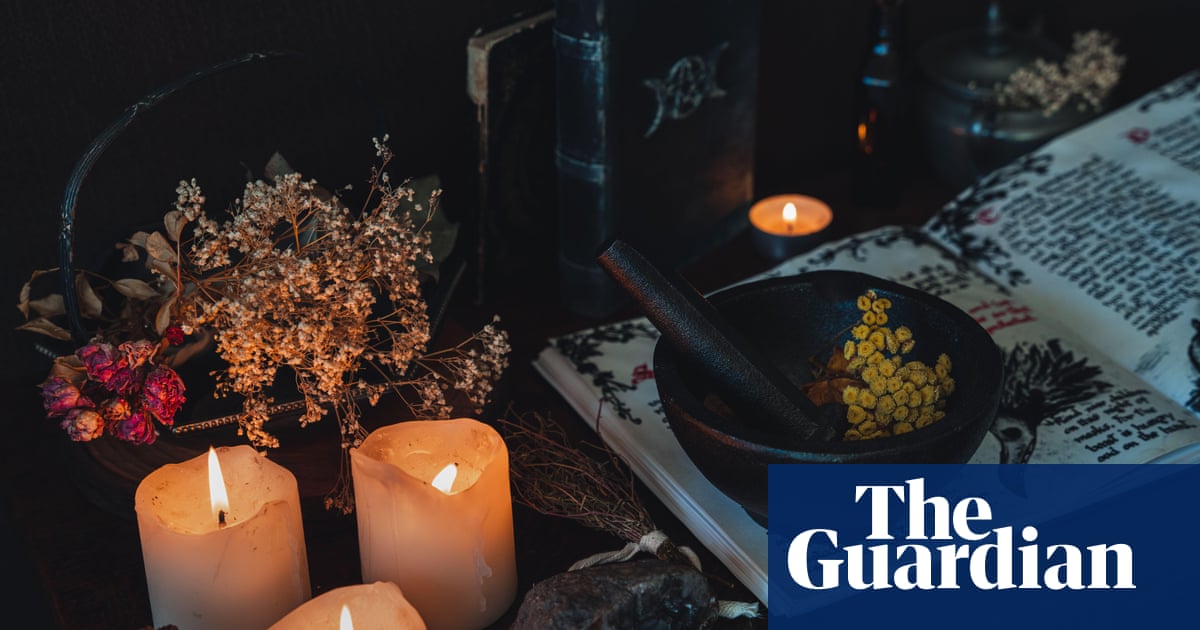The University of Exeter is seeking to harness growing interest in the subjects with a course that will explore the history and impact of witchcraft and magic around the world on society and science.
The multidisciplinary degree, which starts in September 2024, will draw on history, literature, philosophy, archaeology, sociology, psychology, drama and religion to show the role of magic on the west and the east.
Prof Emily Selove, who leads the course, said: “A recent surge in interest in magic and the occult inside and outside academia lies at the heart of the most urgent questions of our society. Decolonisation, the exploration of alternative epistemologies, feminism, and anti-racism are at the core of this programme.”
She said this reversed a tendency in recent decades to “dismiss the study of magic and the occult”, with the idea that it is “no longer of importance to ‘modern people’”.
Citing rituals such as wearing jewellery considered to be lucky or representing a point of contact with a distant person or thing, touching wood, or not shaving to avoid jinxing the team on match day, Selove said “a superficial glance at our own beliefs and the beliefs of the people around shows us [that] magic is a part of our everyday life. Responsible scholars would do well to take this seriously”.
This is confirmed by the growth in the popularity of folklore, witchcraft, tarot and crystals, which has been understood as a reaction to the decline of organised religion. The 2022 census found a rise in the number of people identifying as pagans and wiccans in the UK, while shamanism was the fastest-growing religion.
Selove said the MA in magic and occult science would reexamine “the assumption that the west is the place of rationalism and science, while the rest of the world is a place of magic and superstition”, including how it underpins western culture, and how its relationship with the natural world can bring new perspectives to climate breakdown.



You don’t need to be religious to get into good schools… What are you talking about?
It depends on where you are and what the schools are like but all my close friends don’t go to mass outside of Christians and major life events, but have had their children baptised as an “insurance policy” for when they need to go to school so they don’t close any options off (it’s why I’m a god-father despite being a heathen, the church genuinely nearly went on fire during the vows). If they intend on going to a religiously-affiliated school then they go a few times in the run-up to get their faces seen. My brother and I had to attend church until we were given an option in our mid-teens because my Dad was a deputy headmaster at a Catholic school.